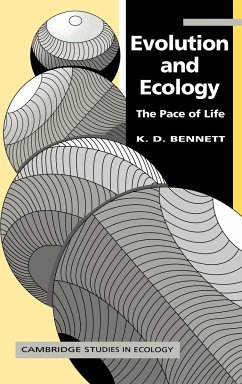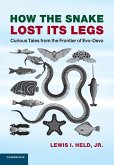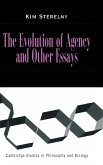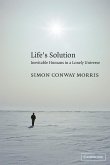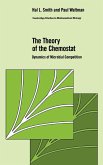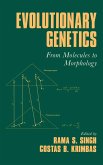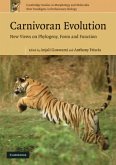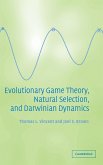The mechanisms of macroevolutionary change have long been a contentious issue. Palaeoecological evidence, presented in this book, shows that evolutionary processes visible in ecological time do not build up into macroevolutionary trends, contrary to Darwin's original thesis. The author discusses how climatic oscillations on ice-age time-scales are paced by variations in the Earth's orbit, and have thus been a permanent feature of Earth history. There is, however, little evidence for macroevolutionary change in response to these climatic changes, suggesting that over geological time macroevolution does not occur as a result of accumulated short term processes. These conclusions are used to construct a post-modern evolutionary synthesis in which evolution and ecology play an equal role. Written by a leading palaeoecologist, this book will be of interest to researchers in both ecology and evolutionary biology.
Table of contents:
Preface; 1. Introduction; 2. Development of ideas; 3. Orbital-forcing of climatic oscillations; 4. Geological evidence for orbital-forcing; 5. Biological response: distribution; 6. Biological response: evolution; 7. Biological response: extinction; 8. Evolution and ecology: synthesis; References; Index.
Macroevolution is currently an area of considerable debate. In this highly readable book a leading palaeoecologist develops a new evolutionary synthesis based on evidence that, contrary to Darwin's ideas, the fossil record of the ice-ages shows that short term evolutionary processes cannot be extrapolated to longer timescales.
Evolutionary synthesis using contribution of recent fossil record to understand mechanisms of macroevolutionary change.
Hinweis: Dieser Artikel kann nur an eine deutsche Lieferadresse ausgeliefert werden.
Table of contents:
Preface; 1. Introduction; 2. Development of ideas; 3. Orbital-forcing of climatic oscillations; 4. Geological evidence for orbital-forcing; 5. Biological response: distribution; 6. Biological response: evolution; 7. Biological response: extinction; 8. Evolution and ecology: synthesis; References; Index.
Macroevolution is currently an area of considerable debate. In this highly readable book a leading palaeoecologist develops a new evolutionary synthesis based on evidence that, contrary to Darwin's ideas, the fossil record of the ice-ages shows that short term evolutionary processes cannot be extrapolated to longer timescales.
Evolutionary synthesis using contribution of recent fossil record to understand mechanisms of macroevolutionary change.
Hinweis: Dieser Artikel kann nur an eine deutsche Lieferadresse ausgeliefert werden.

